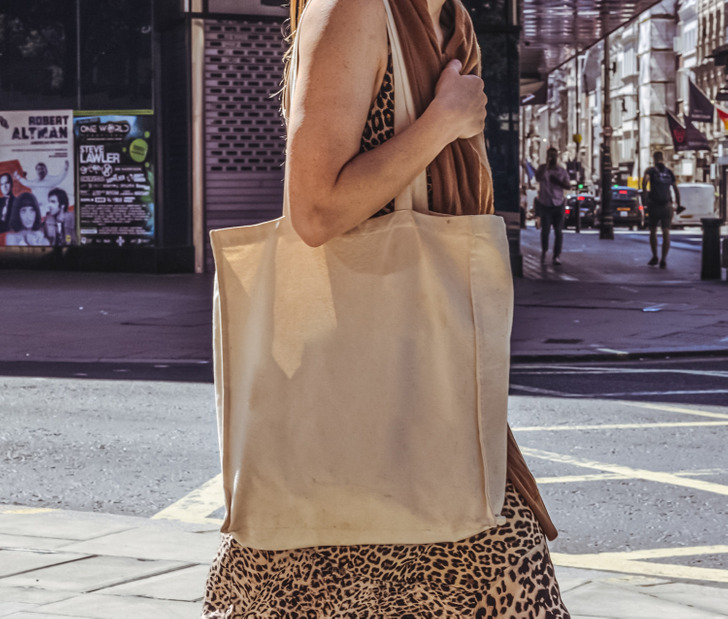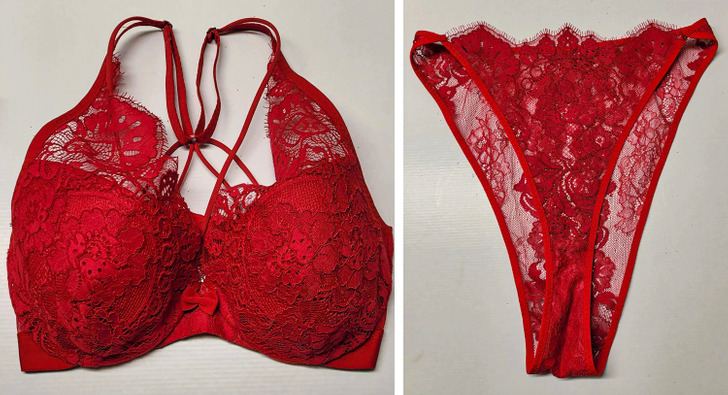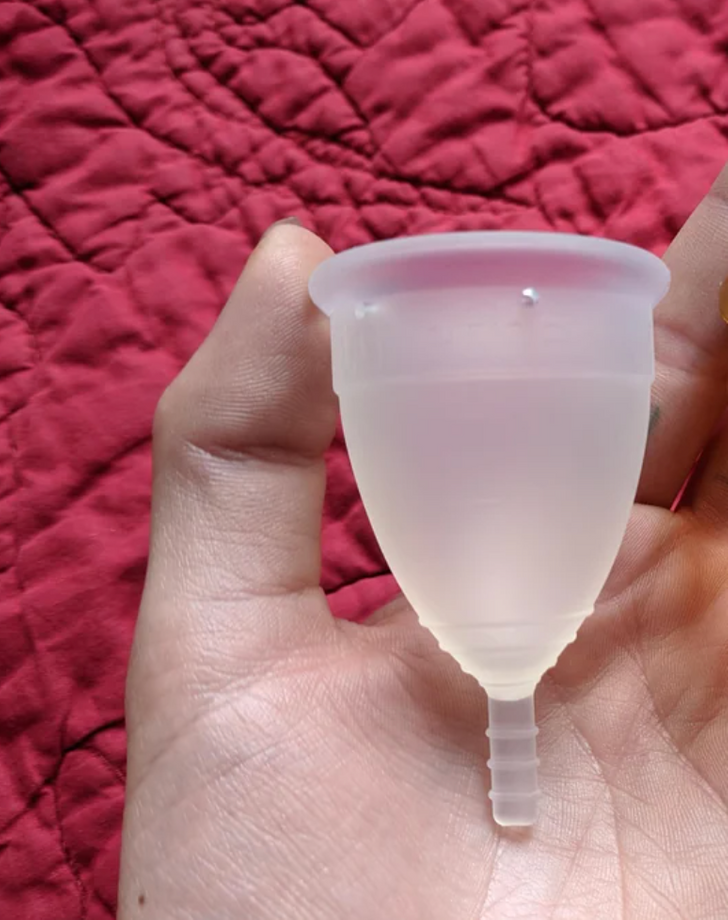10 Everyday Items That Are Not As Harmless As We Thought
Modern people are surrounded by many different things that make our lives easier and more comfortable. And we tend to use some of these things without even thinking about whether we really need them. But that’s probably not the best idea because it turns out that even our favorite pantyliners or toothpaste can be harmful to our health, while even a comfortable tote can spread bacteria.
Intimate wash
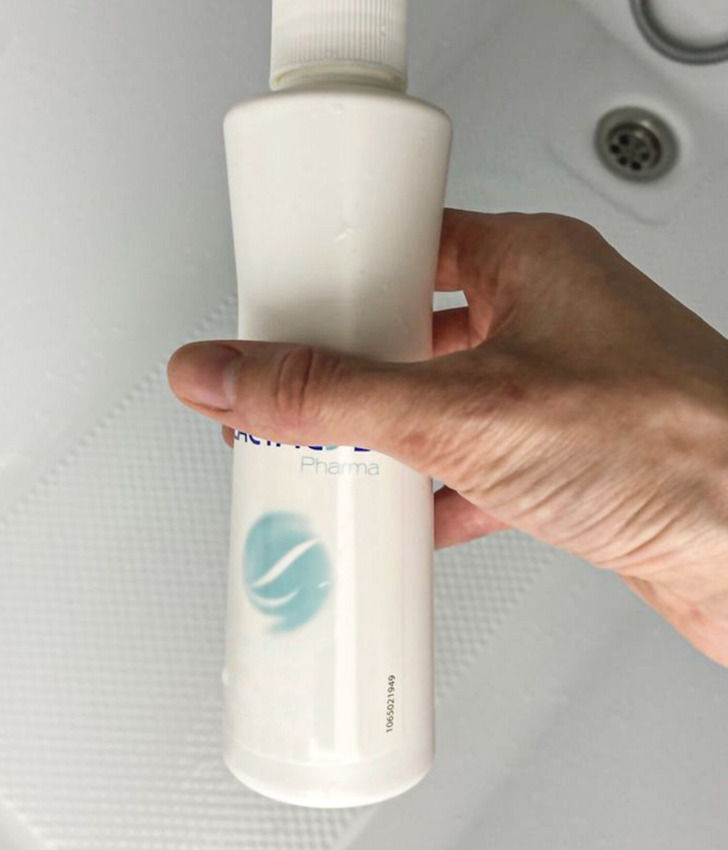
Currently, there are a lot of different intimate hygiene products you can use. However, experts believe that you shouldn’t use them too often because they can change your natural pH level, causing dryness and other unpleasant sensations.
You need to be especially careful with products that contain fragrances and dyes, as these components can provoke allergies.
Cotton totes
If you regularly carry the same cotton tote with you, it’s most likely dirty. We use totes as an alternative to plastic bags, and we don’t tend to wash them. However, cotton totes require a different approach.
Most people admit that they’ve never washed their totes, and this is a mistake. Foods, especially meat, fish, fruits, and vegetables, can inevitably lead to the appearance of food bacteria in the tote. To avoid the growth of dangerous microorganisms, wash your bag at least once a week or after every visit to the store.
In addition, reusable cotton totes are not as environmentally friendly as we think. Their production requires a huge amount of water. They are also not always recyclable because brand logos printed on the fabric most often contain PVC. Reusable bags made from recycled plastic are considered to be the most environmentally friendly for shopping.
Lace underwear
This nice-looking underwear can actually cause a lot of problems. Very often, panties decorated with lace rub or squeeze the delicate skin in this area. In addition, synthetic fabrics, silk, and polyester retain heat and moisture. This creates a favorable environment for the growth of bacteria.
Ideally, underwear should be made of cotton or at least have a cotton lining in the middle. This doesn’t mean that you should completely forget about wearing lace, but it’s best to reduce the time that you wear this kind of underwear.
Menstrual cups
Menstrual cups are generally considered safe by the medical community. Although negative consequences are unlikely, it’s still better to protect yourself and be aware of all the risks.
A cup that is the wrong size can cause irritation. To avoid an infection, be sure to wash your hands and cup thoroughly before and after use. These simple rules will help to avoid many unpleasant consequences. Also, read the instructions carefully before using a menstrual cup.
Pantyliners
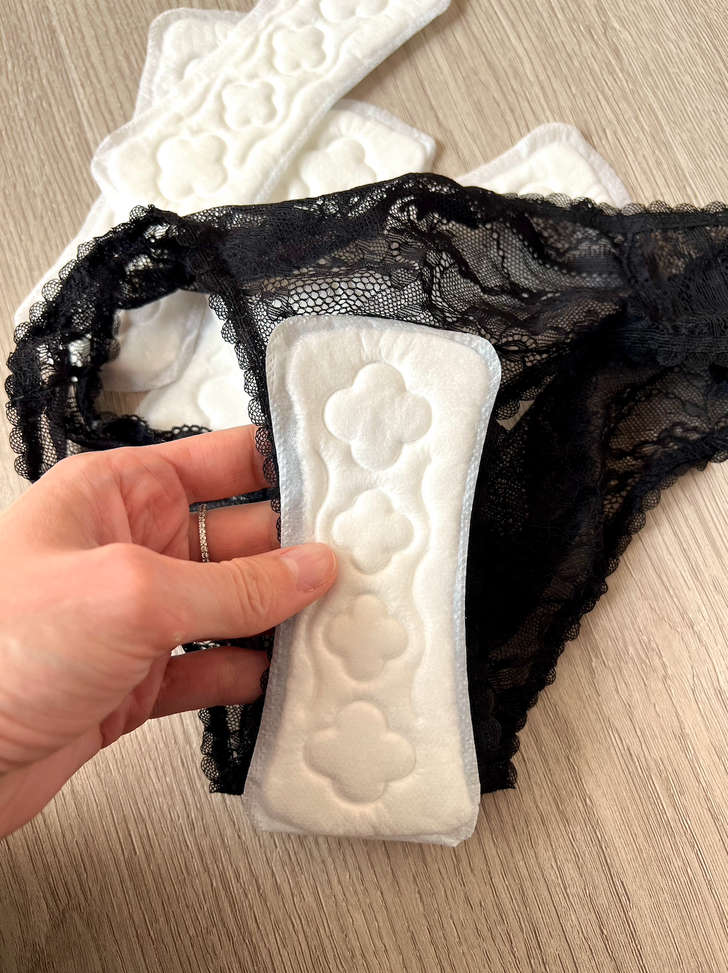
According to experts, you should not use pantyliners on an ongoing basis. They negatively affect women’s health. For example, it has been found that the daily use of pantyliners greatly increases the risk of thrush. They can also irritate the sensitive skin of the intimate area. This is especially true for scented pantyliners.
Remember that pantyliners are not meant to be worn all day long. If you do have to use them, change them every 3-5 hours to prevent bacteria from growing.
Wet wipes
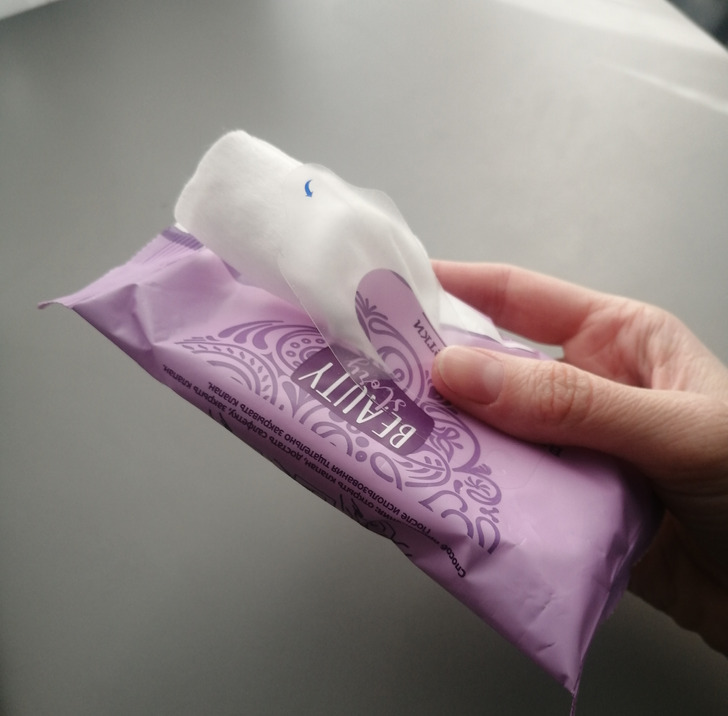
This personal care product seems very practical. You can always carry wet wipes in your bag, and they often help out in embarrassing situations.
But there are also pitfalls here. A wet wipe can spread bacteria if you use it on several surfaces at a time. So it’s better to use good old soap and water if you need to do a little cleaning.
In addition, most wet wipes contain microplastic fibers that don’t biodegrade. When they get to the sea, they harm marine life.
Cotton discs
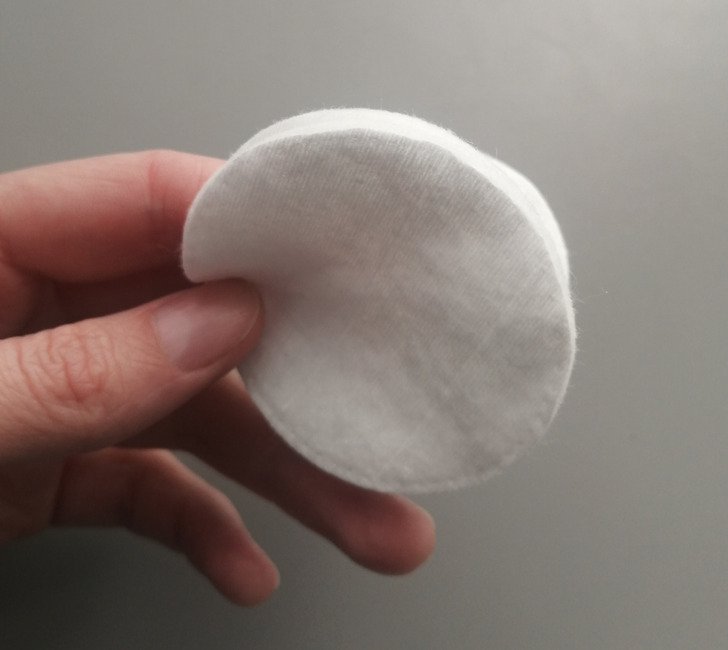
Cotton discs help us remove makeup and apply toner or any other skin care product on the face. They seem safe and quite practical.
However, you’ve probably noticed that cotton discs actually absorb more liquid than they eventually give out. In addition, cotton is a rather rough material, and it can be harmful to delicate skin. Fibers can get into your eyes and eyelashes. And these discs don’t really help remove makeup all that well either.
Toothpaste
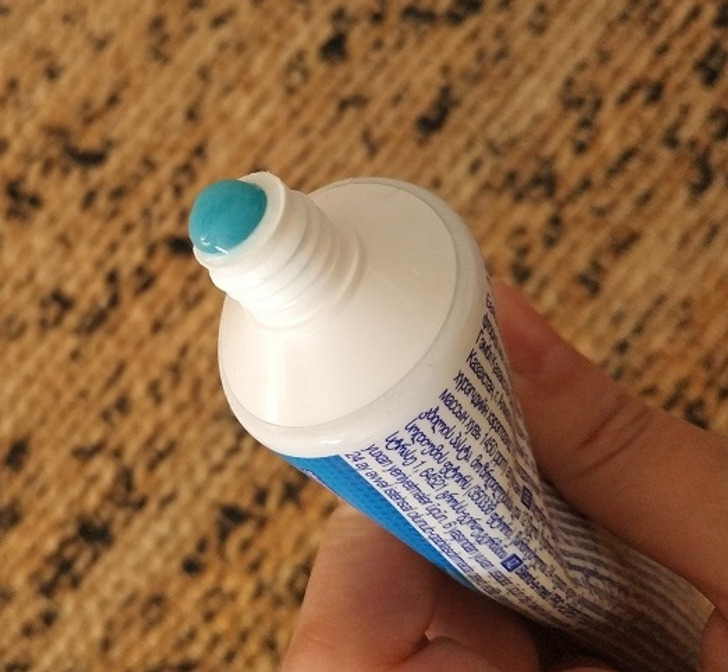
This refers to toothpaste with microplastics that are designed to whiten and polish the surface of tooth enamel. The problem is that these microplastics may contain toxins that are harmful to our health.
Also, removing toothpaste with microplastics from the market can help the environment.
Glitter
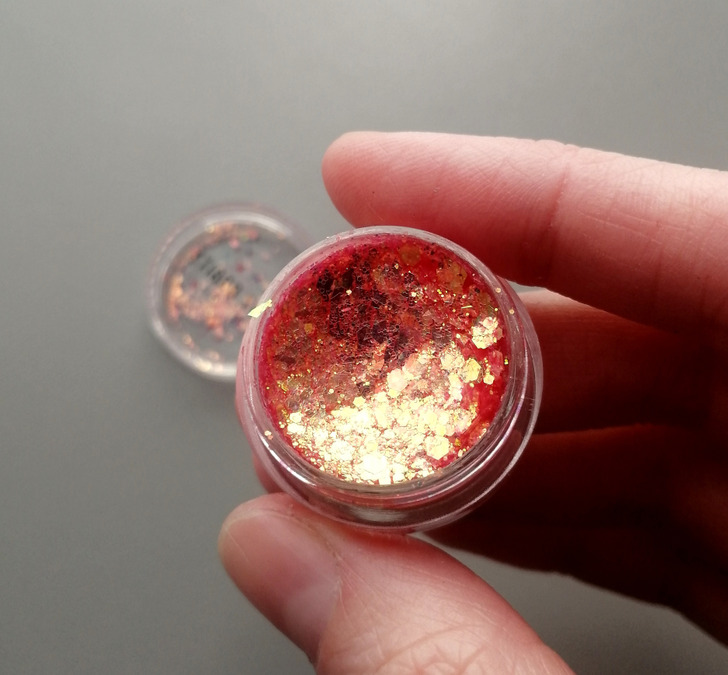
For decades, people have been using glitter to decorate objects. At different times, glitter was made from stones, glass, and even insects. Modern glitter is mostly made from aluminum and plastic. Recently, it has become fashionable to apply glitter to the face as part of makeup, but this can be quite dangerous.
You can inhale tiny particles, or they can get into your body via the food you eat. This can be just as harmful as inhaling exhaust fumes. In addition, glitter has very sharp edges, so it’s best to ensure it doesn’t get into your eyes.
Toilet paper
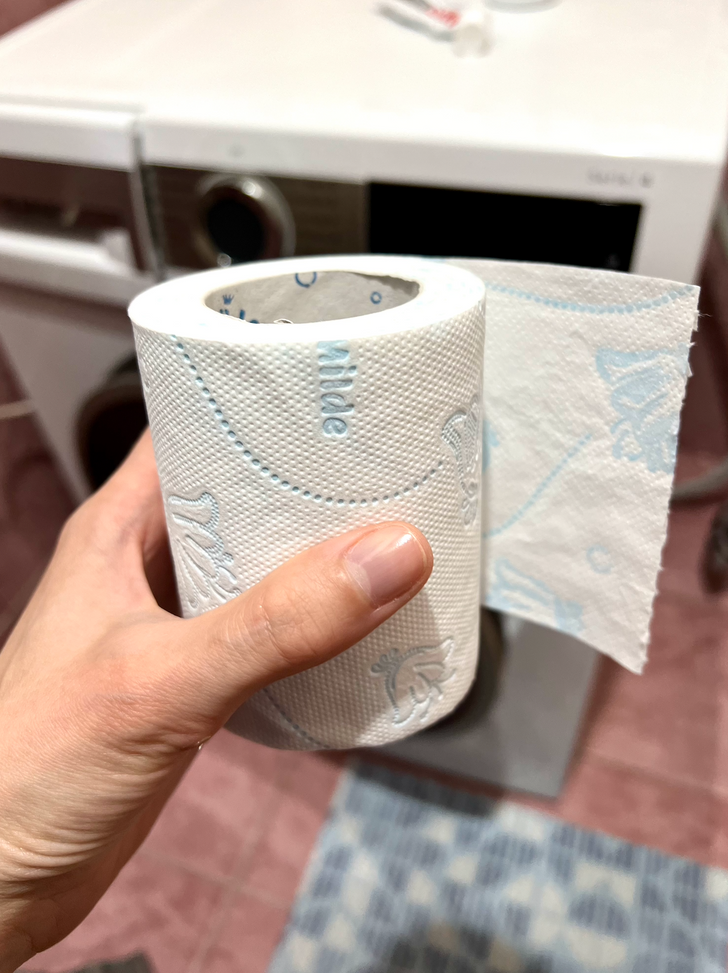
It turns out that ordinary toilet paper can be harmful to our health. The fact is that during the manufacturing process, different chemicals are used, and some of them may be dangerous.
Scientists conducted a study that revealed elevated levels of PAHs, phthalates, and SVCOC in some types of toilet paper. They believe that this may increase the risk of cancer.
And scented toilet paper can irritate the urethra or cause urinary tract infections in some women.
